Past Events
- Jun
- 30
- 2020
Mindfulness-Oriented Recovery Enhancement Treats Opioid Misuse by Modulating Reward Processes—From Hedonic Pleasure to Self-Transcendent Meaning.
- Time:12:00 pm
-
Location:
ONLINE Please RSVP for Zoom Link.

Description: Meaning-making is fundamental to biological survival, insofar as hedonic valuation (i.e., “is this good for me, or bad for me?”) drives behavior to facilitate the pursuit of beneficial goals. Yet, the dysregulation of hedonic value is at the root of many of the most pressing maladies afflicting modern society, including addiction, stress, and chronic pain. For instance, the current opioid crisis may be in part propelled by hedonic dysregulation, evident in the blunted brain and autonomic responses to natural rewards and heightened responses to drug-related cues observed among opioid misusers. To restore adaptive hedonic regulation, novel behavioral interventions are needed. This lecture will describe the development, optimization, and testing of a mindfulness-based approach to addiction treatment - Mindfulness-Oriented Recovery Enhancement (MORE). MORE is distinct from extant mindfulness-based interventions in that it…
- May
- 19
- 2020
Enhancing Well-being and Mindfulness via Ultrasonic Neuromodulation? Philosophical Challenges and Clinical Applications
- Time:12:00 pm
-
Location:
ONLINE Please RSVP for Zoom Link.

The brain changes and adapts as a result of experience. Learning to play the piano, for example, leads to structural and functional neuroplastic changes in the brain. The same is true for mindfulness meditation, an attention-based practice that requires focusing on the present-moment experience with a non-reactive attitude. The neuroplastic changes induced by mindfulness correlate with enhanced physiological health, cognitive performance, emotional stability, and overall well-being. Mindfulness-based interventions are growing in popularity as they help to ameliorate mental, physical, and emotional symptoms and facilitate positive behavior change. Despite their effectiveness, mindfulness practices are difficult and time-consuming for most patients, creating a significant barrier to therapeutic effects. Thus, a technology that accelerates mindfulness training would be clinically valuable because the benefits would be more accessible to patients. In this talk, I present…
- May
- 05
- 2020
Enhancing Well-being and Mindfulness with Ultrasonic Neuromodulation
- Time:12:00 pm
-
Location:
This is an online event.

Methods for non invasively modulating human brain function with weak electric currents and magnetic fields have become popular in the last few decades. These tools have been useful scientific tools and have shown promise in the treatment of disorders like depression. In this talk, I will discuss our ongoing research with a novel neuromodulation technique using transcranial ultrasound (TUS) to influence mood and accelerate mindfulness training in healthy participants. In five experiments with over 200 volunteers, we have found that TUS to the right inferior frontal gyrus enhances mood, overall emotional states, and functional connectivity. Our team tested this new technique on a group of patients with depression and found that a single dose reduces depression and anxiety scores, suggesting a novel intervention for depression. Then I will turn to…
- Apr
- 22
- 2020
Mapping the Meditative Mind: Neural Mechanisms and Clinical Relevance
- Time:12:00 pm
-
Location:
ONLINE EVENT
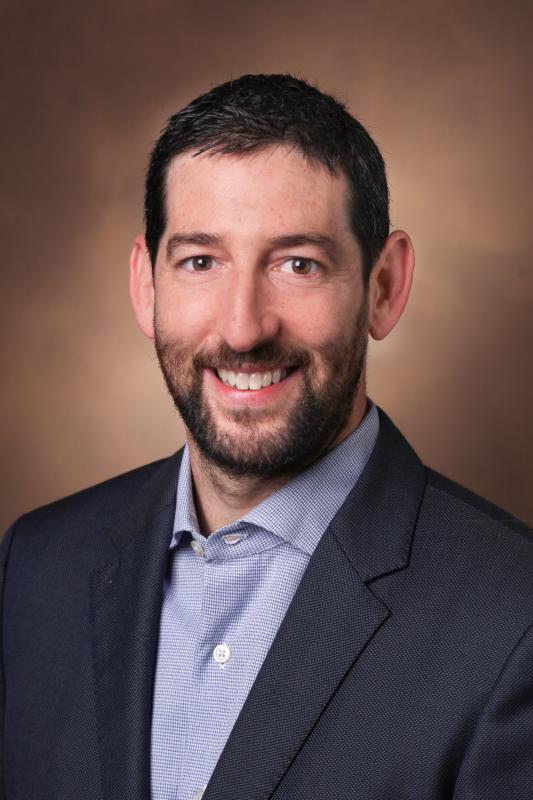
Mindfulness is rapidly being integrated into current psychological treatment protocols as a method of systematic training to stabilize attention, improve self-awareness, and reduce perseverative forms of emotional reactivity; however, clinical protocols remain diverse in their implementation and neurobiological mechanisms by which mindfulness functions in select populations are currently unclear. This presentation will contextualize mindfulness across clinical and scientific contexts. The psychological and cognitive processes as well as the underlying neurobiology supporting existing mindfulness-based meditation practices will be examined in detail for both novice and expert practitioners. A systems-based model of mindfulness will be presented describing a core set of skill-based meditative practices that function to improve self-awareness, self-regulation, and self-transcendence. Findings from the extant literature and the Contemplative Neuroscience and Integrative Medicine (CNIM) lab will be integrated into this model…
- Feb
- 04
- 2020
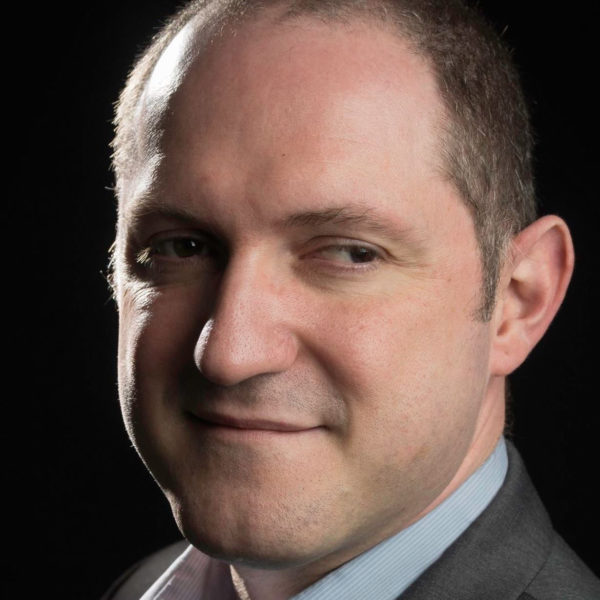
Interest in the use of mindfulness-based interventions (MBIs) to enhance skilled performance within contexts such as music and athletics has grown significantly throughout the last two decades. However, issues stemming from inappropriate as well as decontextualized interpretations of existing research continue to hamper meaningful efforts at investigating and applying MBIs within these settings. Of particular concern is the absence of an investigative framework that accounts for how individuals’ values, intentions, and aspirations interact with and potentially mediate the efficacy of specific types of MBIs. Furthermore, despite progress in understanding some of the neurophysiological and psychological underpinnings of mindfulness, little is known about how these dynamics correspond to meditators’ lived experiences. In this talk, I discuss evidence from a recent study that used a neurophenomenological matrix to examine expectations, experiences, and…
- Dec
- 10
- 2019
There’s an app for that, or is there? Scientific investigation of intensive meditation.
- Time:4:00 pm
-
Location:
USC Brain and Creativity Institute, Cammilleri Hall
3620 McClintock Avenue, Los Angeles, CA 90089
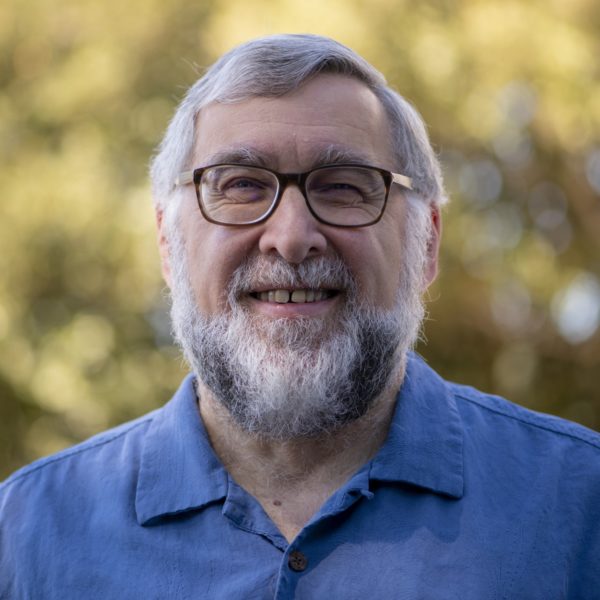
The benefits of engaging in contemplative practice are pervasively promoted as being justified by scientific evidence. iPhones come with Mindfulness tracking alongside screens for logging steps and aerobic minutes. Yet this scientific evidence is often weak, taken out of context, and over-interpreted beyond what the data actually shows. This state of affairs is laden with implicit scientific hegemony that discourages rigorous methodological scrutiny and the relevance of personal understanding. It also plays into narratives that promise large results with little effort. One correction for this emerging view of “better living through all things mindful” may be to focus on what we can know through our lived experience and what we cannot know using our current research tools. He will use findings from research on intensive meditation in retreat contexts to explore the challenges of…
- Sep
- 17
- 2019
Well-being is a skill
- Time:4:00 pm
-
Location:
Lecture: Brain and Creativity Institute – Cammilleri Hall @4:00- 5:30PM
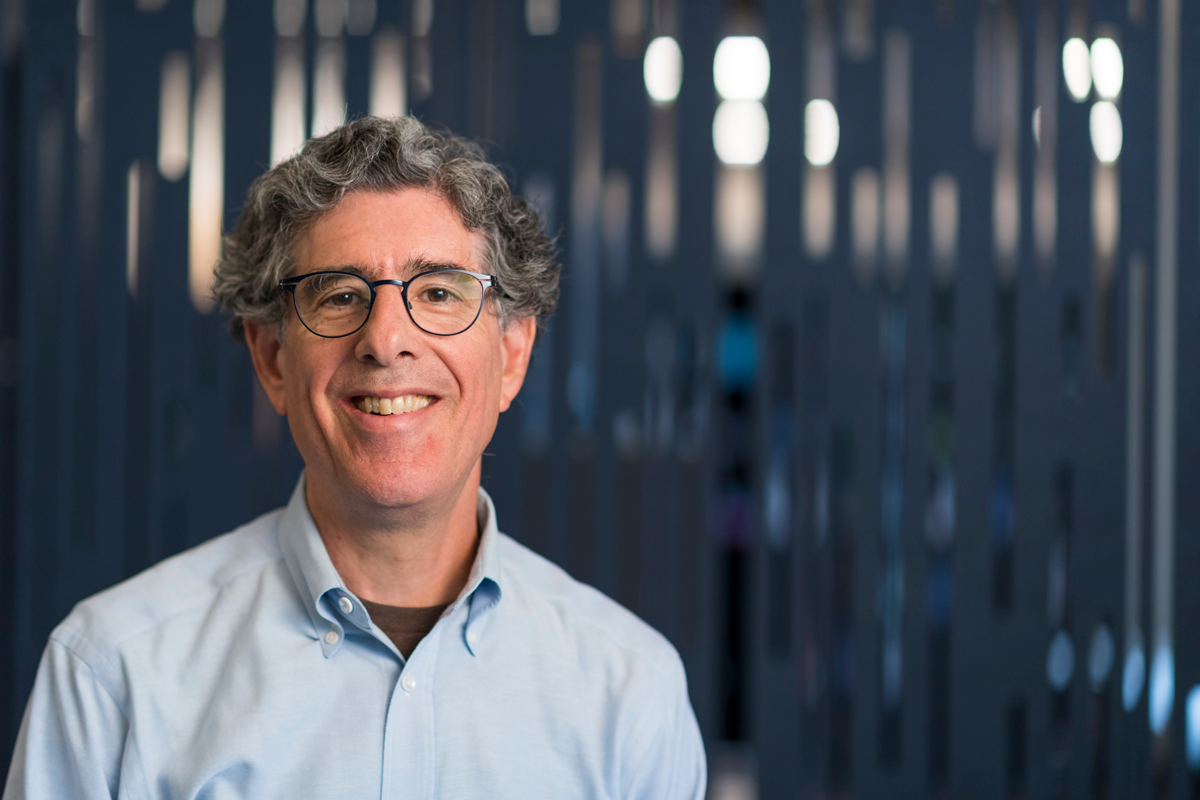
This talk will consider scientific evidence that suggests that we can change our brains by transforming our minds and cultivate habits of mind that will improve well-being. These mental training strategies can be used to improve the well-being of individuals and ultimately communities. The talk will provide an overview of neuroscientifically validated constituents of well-being and will illustrate how each of these is rooted in specific brain circuits that exhibit plasticity and thus can be modified through training. These practices can be applied in a wide range of contexts and have the potential to positively impact social change.
- Apr
- 23
- 2019
The antidepressant and anxiolytic effects of ayahuasca and its intersection with mindfulness science
- Time:4:00 am
-
Location:
Lecture: 4-5:30PM @ The Brain and Creativity Institute Camilleri Hall
Social Hour: 5:30 – 6:30PM @ The Brain and Creativity Institute
Faculty and Speaker Dinner: 7:30PM
Location TBD

Ayahuasca is a traditional Amerindian brew that contains the serotonergic agonist N,N-DMT, and beta-carboline alkaloids. This unique mixture results in strong psychedelic experience with shamanic use and a fertile repertoire of scientifically-sound medicinal applications. In this presentation, I will provide a brief history of ayahuasca and an overview of its short-term antidepressant and anxiolytic effects on human subjects. I will also assess the growing body of knowledge describing some properties that seem to underlie the therapeutic properties of ayahuasca, with emphasis on the increase in mindfulness measures related to ayahuasca administration and the intersection with the field of mindfulness studies.
- Mar
- 26
- 2019
Mindful Practice: Intention, Attention and Reflection and Health Professional Flourishing
- Time:12:00 pm
-
Location:
Location: The Brain and Creativity Institute
Lecture : HC4 3rd floor conference center for the March 26 12-1

Dr. Mick Krasner, Professor of Clinical Medicine and Professor of Clinical Family Medicine at the University of Rochester School of Medicine and Dentistry, practices primary care internal medicine in Rochester, New York. Dr. Krasner has been teaching Mindfulness-Based programs to patients, medical students, and health professionals for more than 18 years, involving over 3000 participants, including more than 1200 health professionals. He is engaged in a variety of research projects including the investigations of the effects of mindfulness practices on the immune system in the elderly, on chronic psoriasis, with caregivers of Alzheimer’s patients and on medical student stress and well-being. He was the project director of Mindful Communication: Bringing Intention, Attention, and Reflection to Clinical Practice, sponsored by the New York Chapter of the American College of Physicians, funded…
- Feb
- 26
- 2019
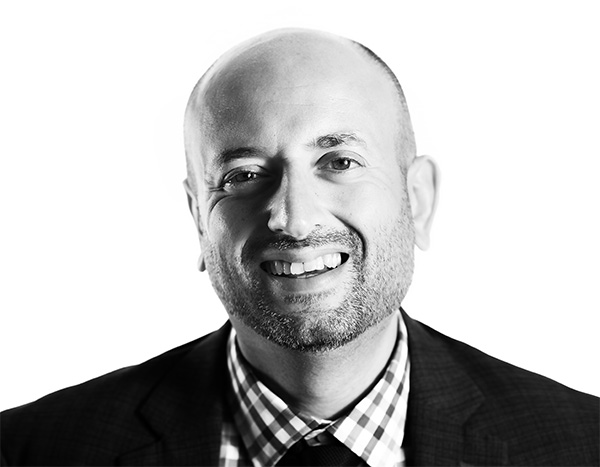
The Center for Mindfulness Science in Collaboration with: MindfulUSC, Keck SOM Office of Leadership and Wellness, USC Institute for Integrative Health, Research Collaborative Fund Present a Lecture with Dr. Fadel Zeidan, PhD Assistant Professor of Anesthesiology & Director for Research at the UCSD Center for Mindfulness.
